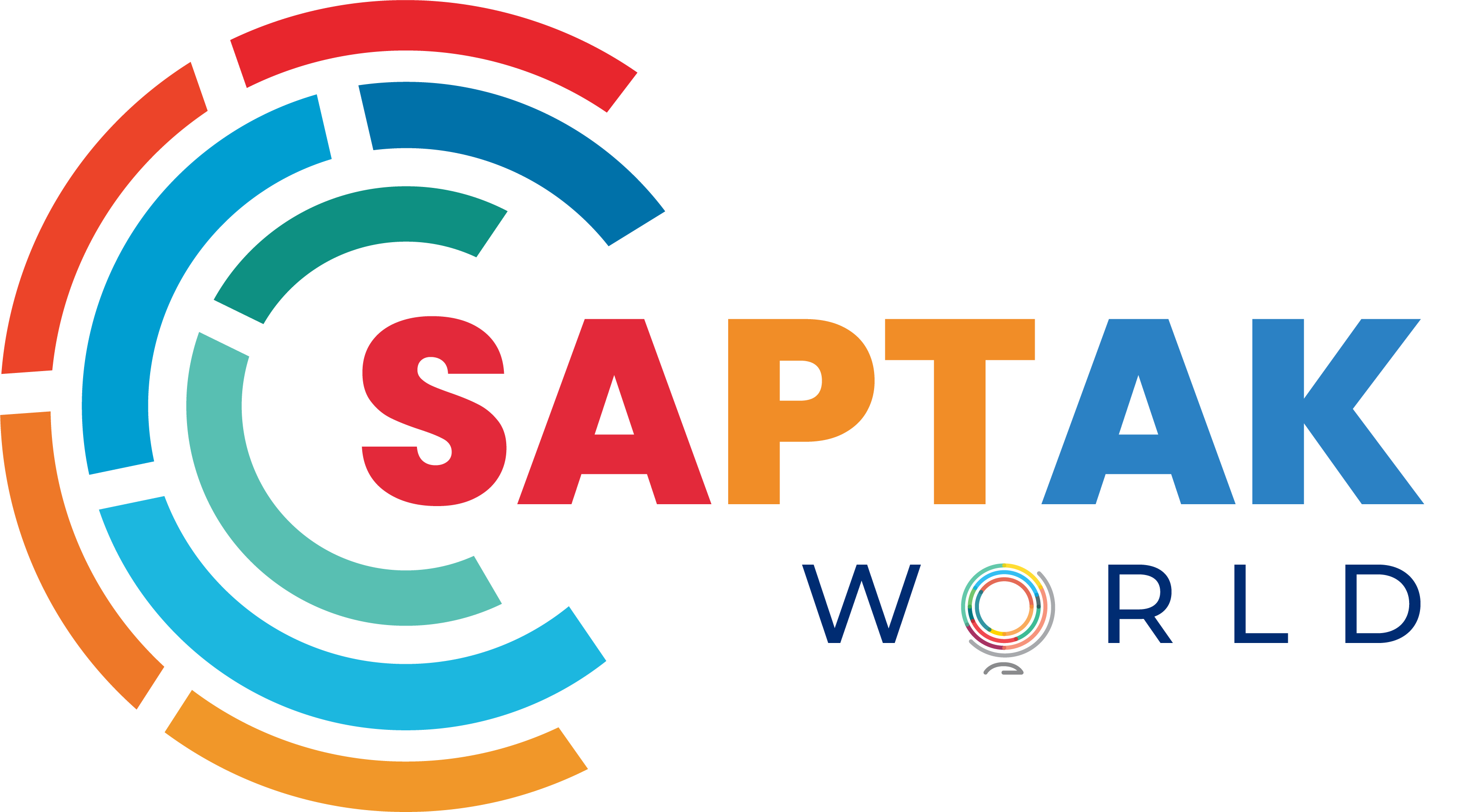
In recent years, Canada has emerged as a popular destination for healthcare professionals worldwide. Among them, caregivers hold a special place due to the increasing demand for their services. For those with Permanent Resident (PR) status, the Canadian nursing program offers an excellent opportunity to advance their careers while making a significant impact on the healthcare system. This comprehensive guide will delve into everything you need to know about the Canada nursing program for caregivers with PR status, from eligibility requirements to application procedures, and career prospects.
Understanding the Role of Caregivers in Canada
Caregivers are essential to the Canadian healthcare system, providing critical support to individuals who require assistance with daily living activities due to age, illness, or disability. Caregivers can work in various settings, including private homes, long-term care facilities, and hospitals. Their responsibilities often include helping with personal hygiene, meal preparation, medication management, and companionship.
Why Canada Needs More Caregivers
Canada faces a growing demand for caregivers due to its aging population and increasing healthcare needs. The Canadian Institute for Health Information reports that by 2030, nearly one in four Canadians will be aged 65 or older. This demographic shift highlights the urgent need for skilled caregivers to support the elderly and chronically ill. Additionally, caregivers help alleviate the strain on Canada’s healthcare system by providing essential services that allow patients to remain in their homes longer, reducing hospital admissions and long-term care facility placements.
Benefits of Becoming a Caregiver in Canada
Becoming a caregiver in Canada offers numerous benefits, especially for those with PR status. Some of the key advantages include:
- Job Stability: The demand for caregivers ensures a steady stream of employment opportunities.
- Competitive Salaries: Caregivers in Canada earn competitive wages, with the potential for increases based on experience and additional qualifications.
- Career Advancement: The Canadian nursing program provides a clear pathway for career progression, from caregiving roles to more advanced nursing positions.
- Work-Life Balance: Many caregiving positions offer flexible schedules, allowing for a better work-life balance.
- Personal Fulfillment: Caregivers often find their work rewarding, as they make a positive impact on the lives of those they assist.
Eligibility Requirements for the Canadian Nursing Program
To enroll in the Canadian nursing program for caregivers, applicants must meet specific eligibility criteria. These typically include:
- Permanent Resident Status: Applicants must hold PR status in Canada.
- Educational Background: A high school diploma or equivalent is usually required. Some programs may require previous healthcare-related education or experience.
- Language Proficiency: Proficiency in English or French is essential. Applicants may need to provide proof of language skills through standardized tests such as IELTS or CELPIP.
- Health and Background Checks: A clean bill of health and a clear criminal record are typically required.
The Application Process
The application process for the Canadian nursing program for caregivers involves several steps:
- Research and Choose a Program: Prospective students should research various nursing programs to find one that suits their career goals and educational background.
- Prepare Required Documents: Gather all necessary documents, including proof of PR status, educational transcripts, language proficiency test results, and health and background checks.
- Submit the Application: Complete the application form and submit it along with the required documents. Some programs may require an application fee.
- Interview: Some nursing programs may require an interview as part of the selection process.
- Acceptance and Enrollment: Upon acceptance, follow the enrollment instructions provided by the program.
Types of Nursing Programs Available
Canada offers a variety of nursing programs to cater to different career paths and educational backgrounds. Some of the common types include:
- Practical Nursing Programs: These programs typically take two years to complete and prepare students for roles as Licensed Practical Nurses (LPNs). LPNs provide basic nursing care under the supervision of registered nurses and physicians.
- Registered Nursing Programs: These programs, usually three to four years in length, prepare students to become Registered Nurses (RNs). RNs have a broader scope of practice and more responsibilities than LPNs.
- Bridging Programs: For caregivers with previous nursing education or experience from another country, bridging programs offer a way to meet Canadian standards and obtain licensure.
- Specialized Nursing Programs: These programs focus on specific areas of nursing, such as geriatrics, pediatrics, or mental health, and often require additional training or certifications.
Financial Aid and Scholarships
Financing education can be a concern for many students. Fortunately, numerous financial aid options and scholarships are available to help caregivers pursue their nursing education in Canada. These include:
- Government Grants and Loans: The Canadian government offers various grants and loans to support students in their educational pursuits. The Canada Student Loans Program (CSLP) and provincial/territorial student aid programs are excellent resources.
- Institutional Scholarships: Many educational institutions offer scholarships based on academic merit, financial need, or specific criteria related to the nursing profession.
- Private Scholarships and Bursaries: Numerous private organizations and foundations provide scholarships and bursaries to support nursing students. These can be industry-specific or general scholarships open to all healthcare students.
Career Prospects After Completing the Program
Upon completing a nursing program, caregivers with PR status in Canada can look forward to a variety of career opportunities. Some potential career paths include:
- Licensed Practical Nurse (LPN): LPNs work in various healthcare settings, providing basic nursing care and support to patients.
- Registered Nurse (RN): RNs have a broader scope of practice and can work in hospitals, clinics, community health centers, and more.
- Home Care Nurse: Home care nurses provide nursing care to patients in their homes, offering a personalized and convenient service for patients.
- Specialized Nursing Roles: With additional training, nurses can specialize in areas such as pediatrics, geriatrics, oncology, or mental health.
- Nursing Leadership and Management: Experienced nurses can pursue roles in healthcare administration, management, or education.
Continuing Education and Professional Development
The field of nursing is constantly evolving, with new technologies and practices emerging regularly. To stay current and advance their careers, nurses are encouraged to engage in continuing education and professional development opportunities. These can include:
- Advanced Degrees: Pursuing advanced degrees, such as a Bachelor’s, Master’s, or Doctorate in Nursing, can open up new career opportunities and increase earning potential.
- Certifications: Obtaining specialized certifications in areas like critical care, emergency nursing, or palliative care can enhance a nurse’s skills and employability.
- Workshops and Seminars: Attending workshops, seminars, and conferences allows nurses to stay updated on the latest developments in the field and network with other professionals.
- Professional Organizations: Joining professional organizations, such as the Canadian Nurses Association (CNA), provides access to resources, advocacy, and continuing education opportunities.
Overcoming Challenges as a Caregiver in Canada
While the path to becoming a nurse in Canada offers many rewards, it also comes with challenges. Caregivers may face:
- Cultural Adjustment: Adapting to a new culture and healthcare system can be challenging for newcomers.
- Balancing Work and Study: Many caregivers juggle work and study responsibilities, which can be demanding.
- Financial Pressure: Financing education and managing living expenses can be a concern for many students.
- Emotional Strain: The nature of caregiving and nursing can be emotionally taxing, requiring resilience and self-care.
Tips for Success
To succeed in the Canadian nursing program and beyond, caregivers can follow these tips:
- Stay Organized: Keep track of application deadlines, coursework, and clinical placements.
- Seek Support: Utilize support services offered by educational institutions, such as academic advising, tutoring, and counseling.
- Network: Connect with peers, mentors, and professionals in the field to build a support system and gain valuable insights.
- Practice Self-Care: Prioritize physical and mental well-being to maintain balance and prevent burnout.
- Stay Informed: Keep abreast of developments in the nursing field through continuous learning and professional development.
Conclusion
The Canada nursing program for caregivers with Permanent Resident status offers a promising pathway to a rewarding and stable career in healthcare. With a growing demand for skilled caregivers, competitive salaries, and numerous opportunities for professional growth, pursuing a nursing career in Canada is a commendable choice. By understanding the eligibility requirements, navigating the application process, and staying committed to continuous learning, caregivers can make a significant impact on the Canadian healthcare system while achieving their personal and professional goals. Whether you are just starting your journey or looking to advance your career, the Canadian nursing program provides the resources and support needed to succeed in this vital and fulfilling field.
